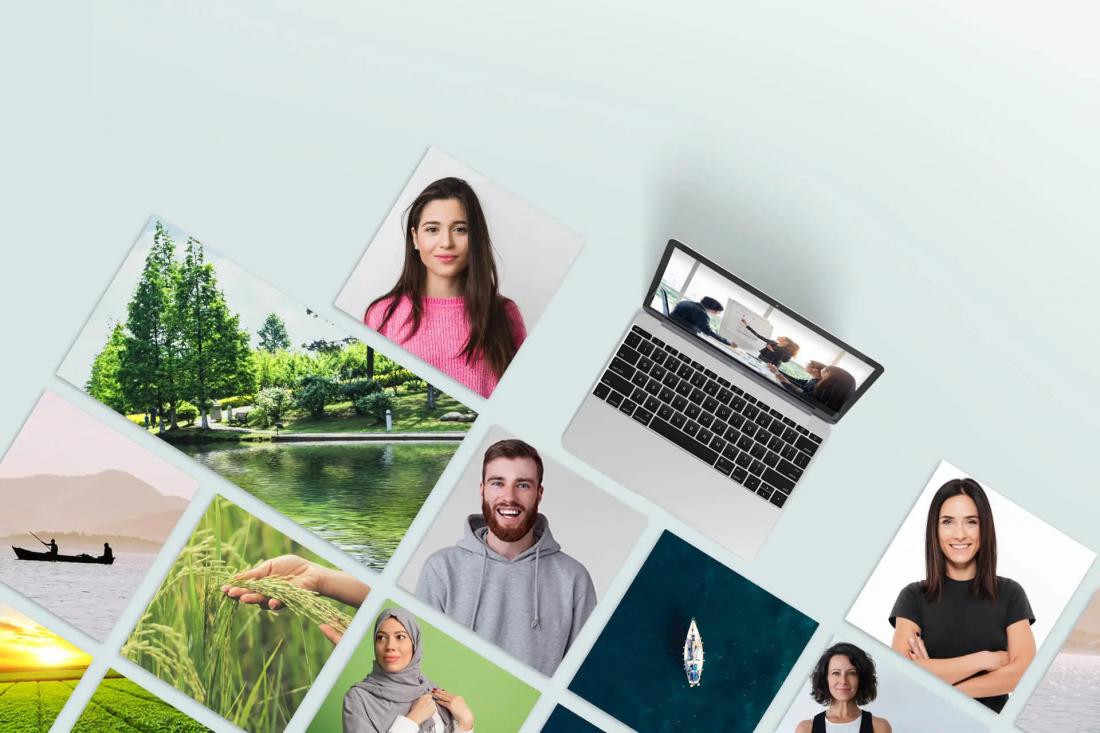MYSEA organise des événements pour favoriser l'inclusion professionnelle des jeunes et femmes dans l'économie bleue et verte

Ce contenu est disponible uniquement en anglais
The EU-funded project MYSEA aims at achieving an ambitious objective: finding employment opportunities for youth, NEETs and women in the Mediterranean project countries within the sectors of agri-food and waste management, making the most out of blue and green economy opportunities and employing innovative private-public-institutional alliances in educational schemes, on-the-job training and job placement, and facts-based policymaking.
While the project pioneers to innovative solutions, project partner countries share common challenges and obstacles – policy gaps, rising unemployment, lack of extended public-private networks - which are to be addressed in a cooperative and coordinated manner to face them efficiently. Therefore, MYSEA project wishes to invite TVET institutions, economic actors, women, youth, NEETs and more to join the Open Day Week, during which events will be held to gather organizations, experts, communities and to talk about how they will be involved for the next phase of the project implementation.
The agenda of the meetings is organized as follows:
- 5th July: Jordan Open Day - Mövenpick Hotel, Amman
- 7th July: Italian Open Day – online streaming
- 12th July: Tunisian Open Day – online streaming
- 15-16th July: Greek Open Day – online streaming
The events will be a space of reflection on the objectives, priorities, methodologies and strategies to implement in the MYSEA project framework. A particular attention will be given to research activities to be employed for the core phase of the project: that of training activities, which will be implemented in the next year of MYSEA to promote the labour inclusion of youth, NEETs and women in the blue and green economy sectors.
A key issue of the debate will be the necessity to understand and face the problem of skill mismatch which hinders the process of labour inclusion and gender equity. In this framework, the interviews which will be conducted to, and the questionnaires which will be filled by the stakeholders (beneficiaries, TVET institutions, economic actors) involved in the next step of the project will be pillar for a comprehensive understanding of the best solutions and opportunities to be exploited.







